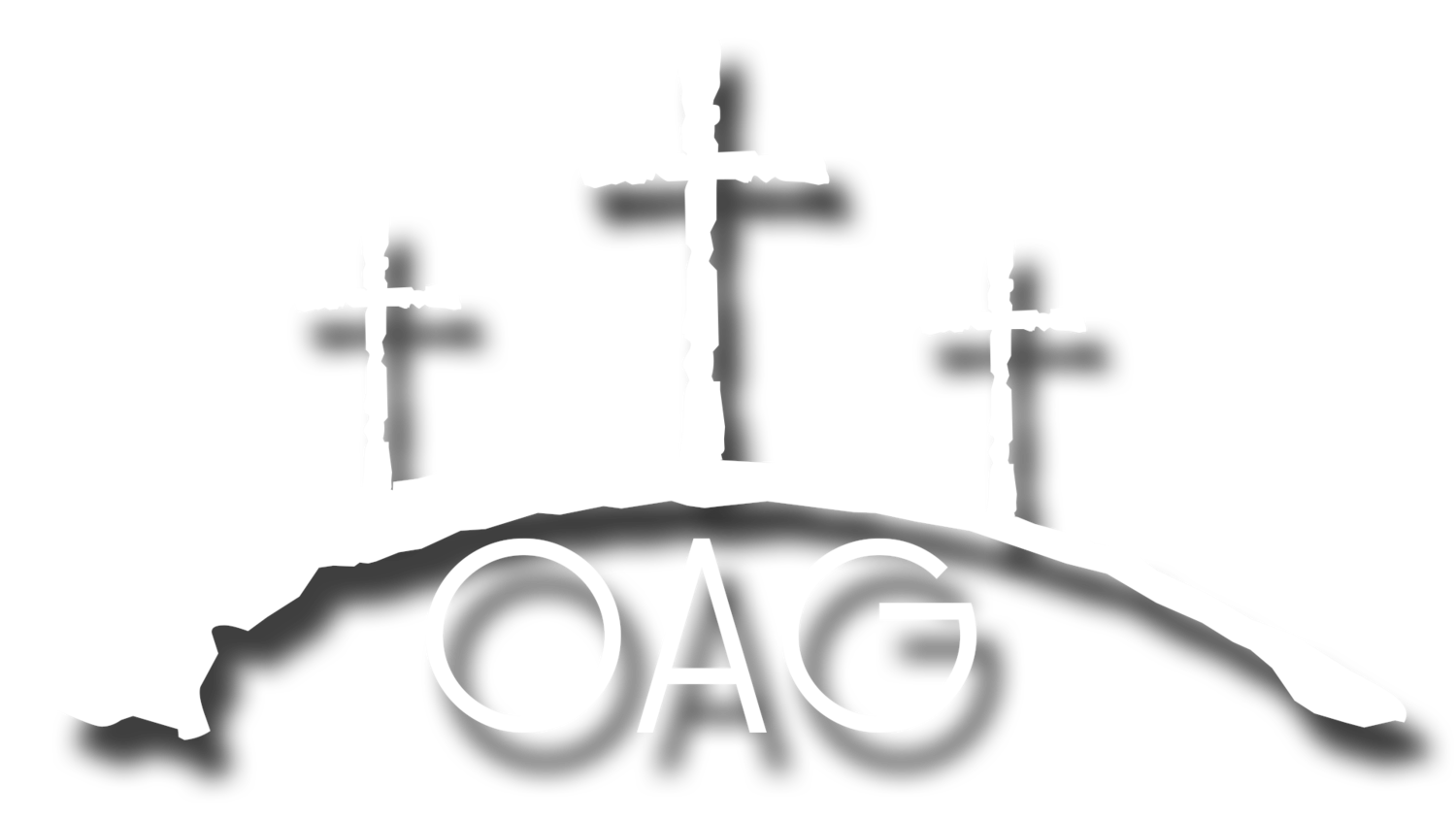Mind Your Business
Preached to: Middle School Students
Speaker: Pastor Amanda Hahn
This week at Amplify Middle, we continued our series on worship. Tonight we emphasized that worship involves both your heart and your mind, connecting with God in spirit and truth.
Key Points:
Thirsty for God (John 4:1-30):
Jesus teaches the Samaritan woman about true worship, breaking cultural barriers.
True worship requires recognizing who Jesus is and removing distractions or misconceptions.
Our Biggest Needs:
Only God can meet both physical and spiritual needs.
Worship flows naturally when we see God as our ultimate provider and sustainer.
Worship in Spirit and Truth:
Worship isn’t just about emotions but also about engaging our minds to know and honor God.
Practical worship includes reading Scripture, reflecting on God’s goodness, and sharing His truth with others.
Challenge: This week, practice worshiping God in a new way that engages your mind and spirit, and reflect on how it strengthens your connection with Him.
Keep up with all that’s going on at Amplify Youth, including dates, times, sign-ups, and forms, on our main page.
-
Big Idea: Worship involves both your mind and your emotions.
Main Verse: “God is spirit, and his worshipers must worship in spirit and in truth.” – John 4:24
Introduction:
Worship is often thought of as purely emotional, but it also requires engaging our minds.
True worship combines heart and intellect to connect with God in spirit and truth.
1. Thirsty for God (John 4:1-30):
Jesus teaches the Samaritan woman about worshiping in spirit and truth.
Barriers to worship:
Seeking satisfaction outside of God.
Misunderstanding who God is.
Jesus reveals that true worship requires knowing and recognizing Him.
2. Our Biggest Needs:
We often try to meet our needs with temporary solutions, but only God can satisfy both physical and spiritual needs.
Worship flows naturally when we recognize God as our ultimate provider.
3. Application:
Worship isn’t confined to feelings; it’s an intentional daily practice that engages both heart and mind.
Practical ways to worship with your mind:
Read and reflect on Scripture.
Write down reasons you’re grateful for God.
Share something you’ve learned about God with others.
Conclusion:
Worship is a response to God’s love, truth, and provision. Engage your heart and mind to experience the fullness of worship in spirit and truth.Challenge: Find one new way to worship God this week that engages your mind and share the experience with someone.
-
The main Scripture used in this sermon is John 4:1-30, which includes the story of Jesus and the Samaritan woman at the well. The key verse highlighted is:
John 4:24: “God is spirit, and his worshipers must worship in spirit and in truth.”
These verses form the foundation of the message, illustrating how Jesus teaches about worship that engages both the heart (spirit) and the mind (truth). If you'd like to incorporate additional supporting Scriptures, let me know!
-
Night 1: Heart and Mind in Worship
Discussion Starter: Share one worship song that makes you feel close to God. Why do you think it has that effect on you?Discussion Questions:
What does it mean to worship God with both our hearts and our minds?
Can you think of a time when you felt connected to God emotionally? What about mentally—maybe while reading or learning something new?
How do you think our minds can help us understand God better during worship?
Challenge: This week, find one new way to worship God that uses your mind—like reading a new Bible verse or learning about a story from the Bible together.
Night 2: Overcoming Barriers to Worship
Discussion Starter: Imagine you're thirsty and there's a big glass of water across the room. What would stop you from getting it? (Let everyone share funny or serious barriers.)Discussion Questions:
In John 4, Jesus talked to a woman who had barriers in understanding and worshiping God. What are some barriers we might have that keep us from worshiping God fully?
Have you ever felt distracted or disconnected during church or prayer time? What do you think causes that?
How can we help each other remove these barriers and focus more on God as a family?
Activity: Take a few moments to pray together, asking God to help remove any barriers in your hearts and minds that keep you from truly worshiping Him.
Night 3: Worship in Everyday Life
Discussion Starter: If you could pick one thing to do every day this week to worship God, what would it be? It can be anything—from praying, reading a Bible verse, singing, or even helping someone.Discussion Questions:
What are some ways we can worship God outside of Sunday church services?
Why is it important to include our minds when we worship, not just our feelings?
Can we find a creative way to worship God as a family this week—like a gratitude jar, a Bible story night, or even making a family worship playlist?
Family Challenge: Pick one new worship activity as a family to try out together this week—whether it’s a Bible study night, singing worship songs, or even discussing a devotional together.
